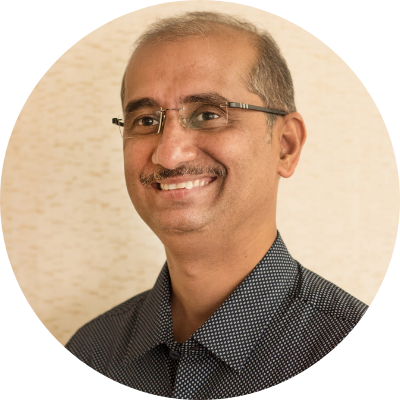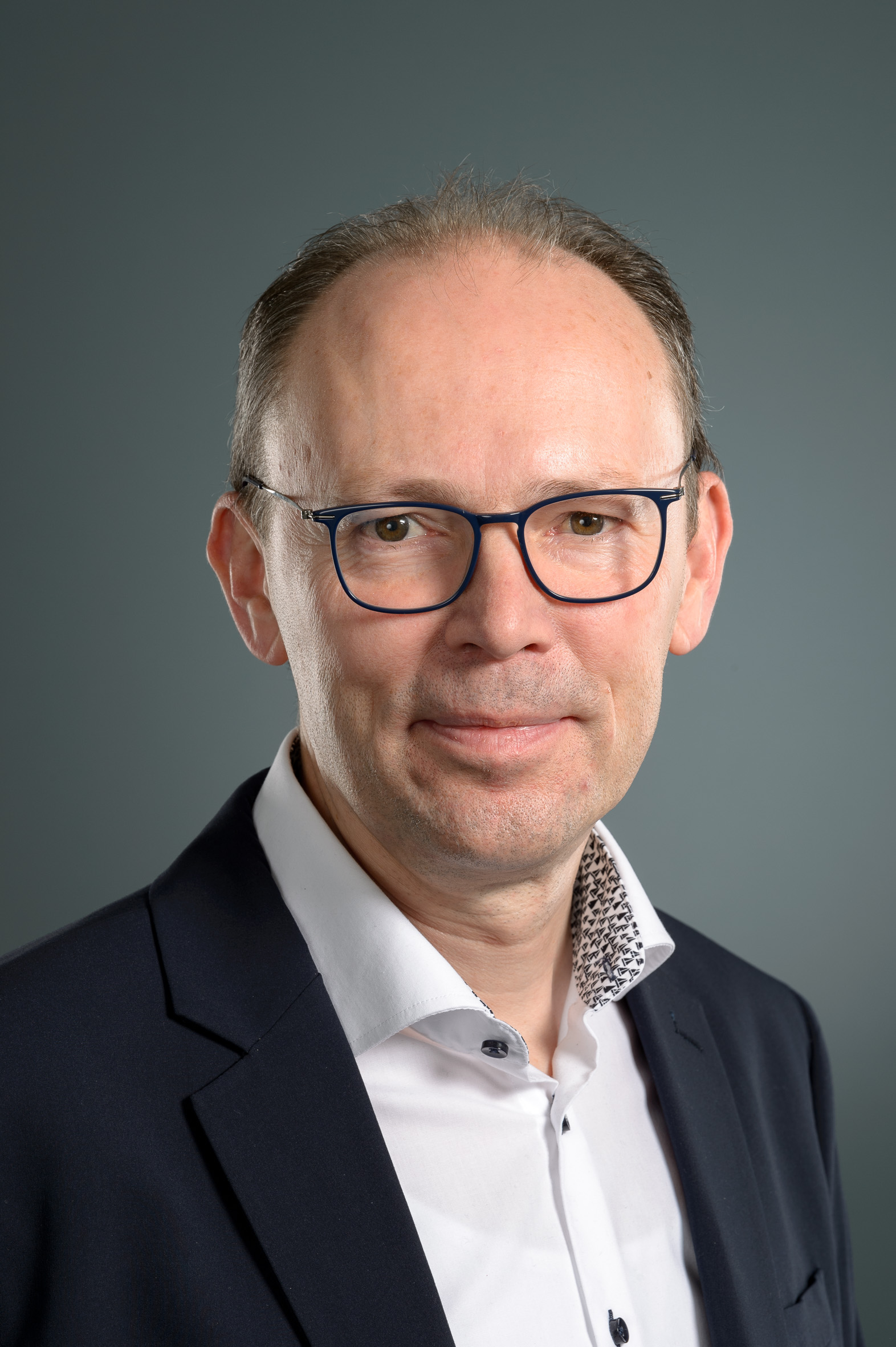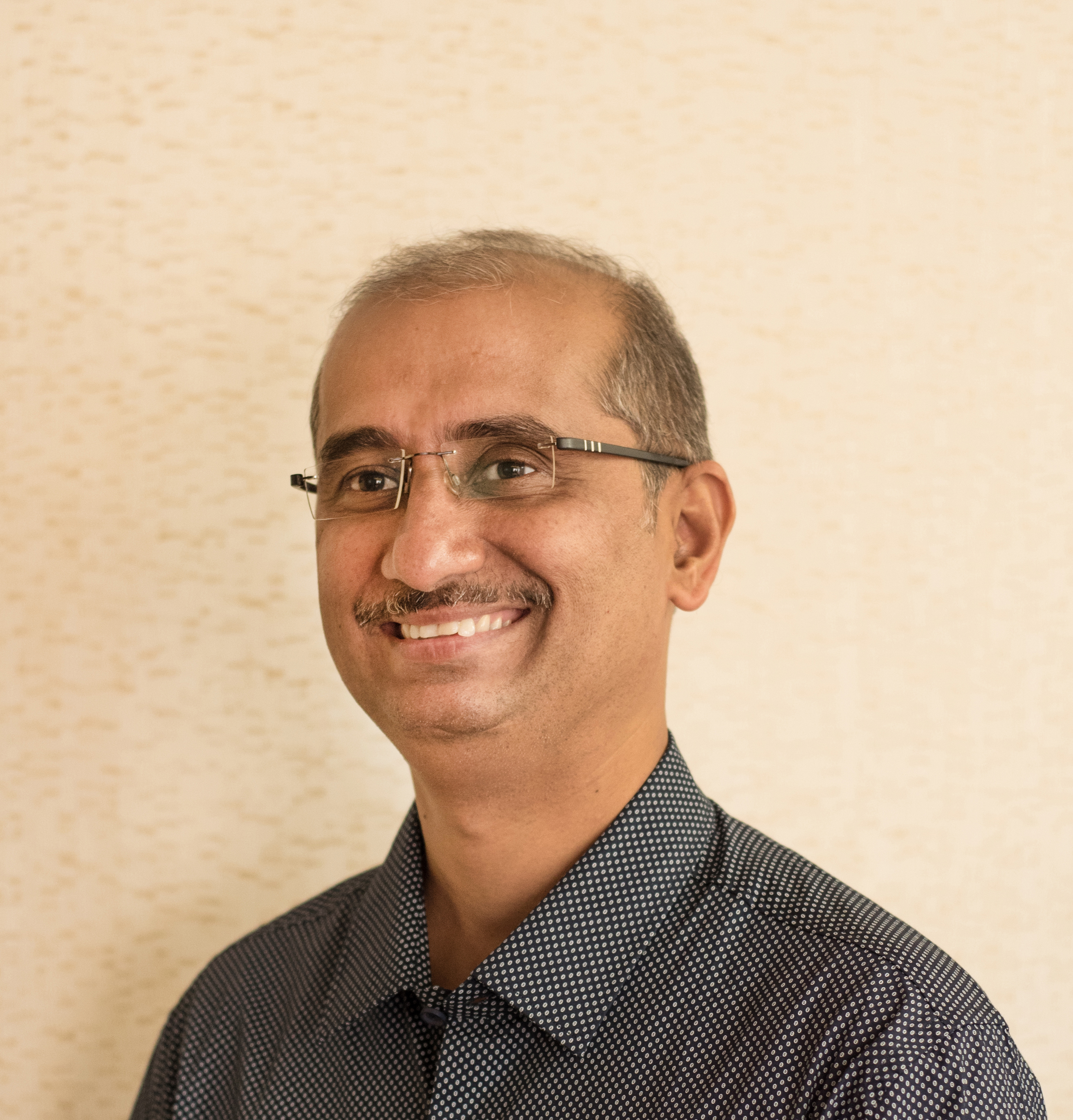Joachim L. Schultze is Founding Director of Systems Medicine at the German Center for Neurodegenerative Diseases (DZNE) and Founding Director of the PRECISE Platform for Single Cell Genomics and Epigenomics at the DZNE and the University of Bonn. He went to Medical School in Tübingen, spent 10 years at Dana-Farber Cancer Institute, Harvard Medical School, in Boston before he returned to Germany with a Sofia Kovalevskaya Award of the Humboldt Foundation. He is the coordinator of the German DFG-funded NGS competence centers in Germany and speaker of the West German Genome Center at the Bonn site. He contributes his expertise to several EU consortia. He is an expert in macrophage biology and works at the interphase between immunology, genomics and the computational sciences. With his team he was the first to apply memory driven computing and Swarm Learning to medical research. His goal is to bring single cell technologies and machine learning approaches to the clinical arena. He is leading several programs on applying single cell technologies, memory driven computing and Swarm Learning to patients with Alzheimer’s disease, chronic obstructive pulmonary disease, lung cancer or HIV. He has established research collaborations with HPE, Comma Soft, Boehringer Ingelheim, Becton Dickinson and other companies.
Krishna Prasad Shastry is Distinguished Technologist at Hewlett-Packard Enterprise. Prasad is responsible for driving strategic programs and advance development in emerging technologies like Artificial Intelligence, Machine Learning, Edge Computing, and blockchain. In the past 6 years at India ADC, Prasad has led several research and development activities in the areas of big data, in-storage computing, software accelerators, and memory-driven computing. Currently, Prasad is focused on developing solutions for decentralized machine learning and AI/ML life cycle management. In addition to co-inventing Swarm Learning technology, Prasad is overseeing its applications in the healthcare field.





